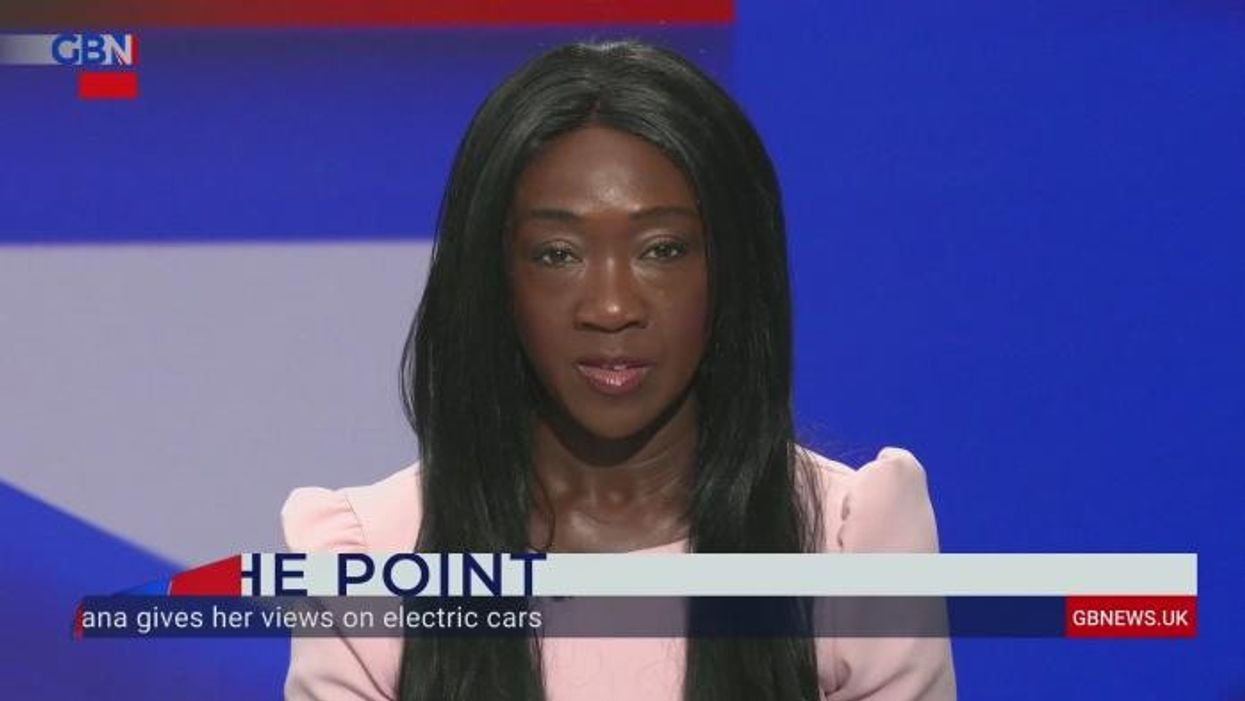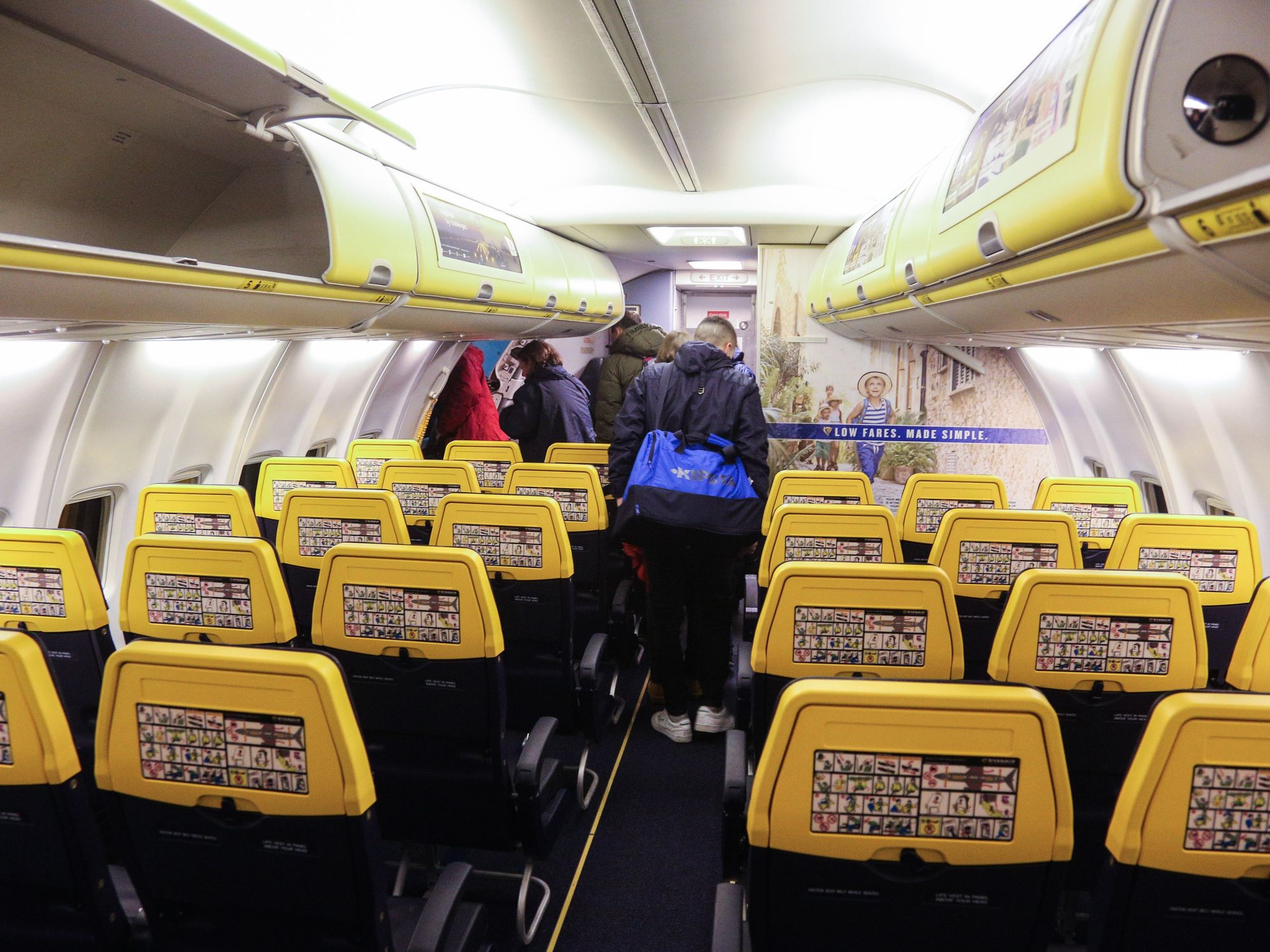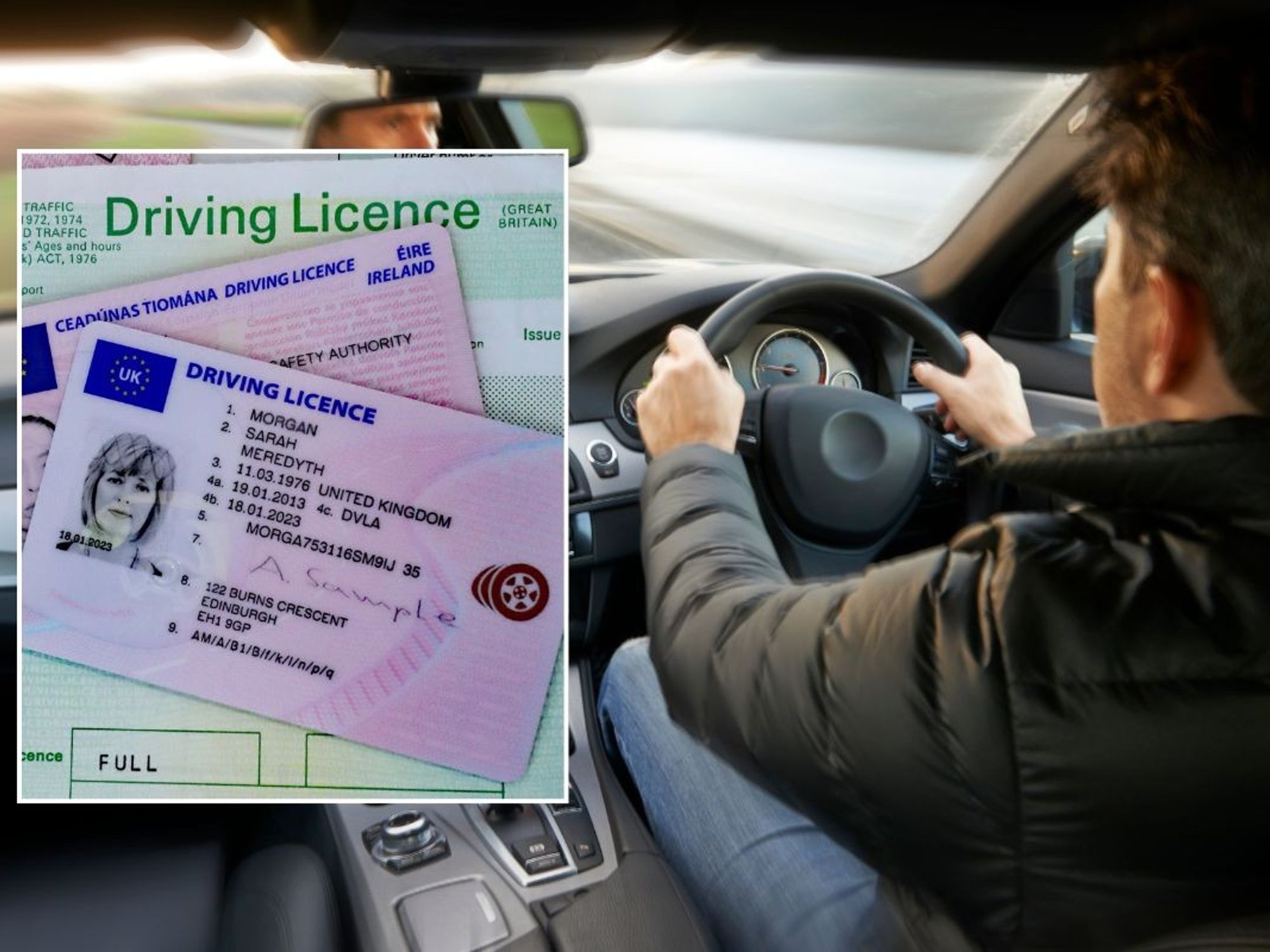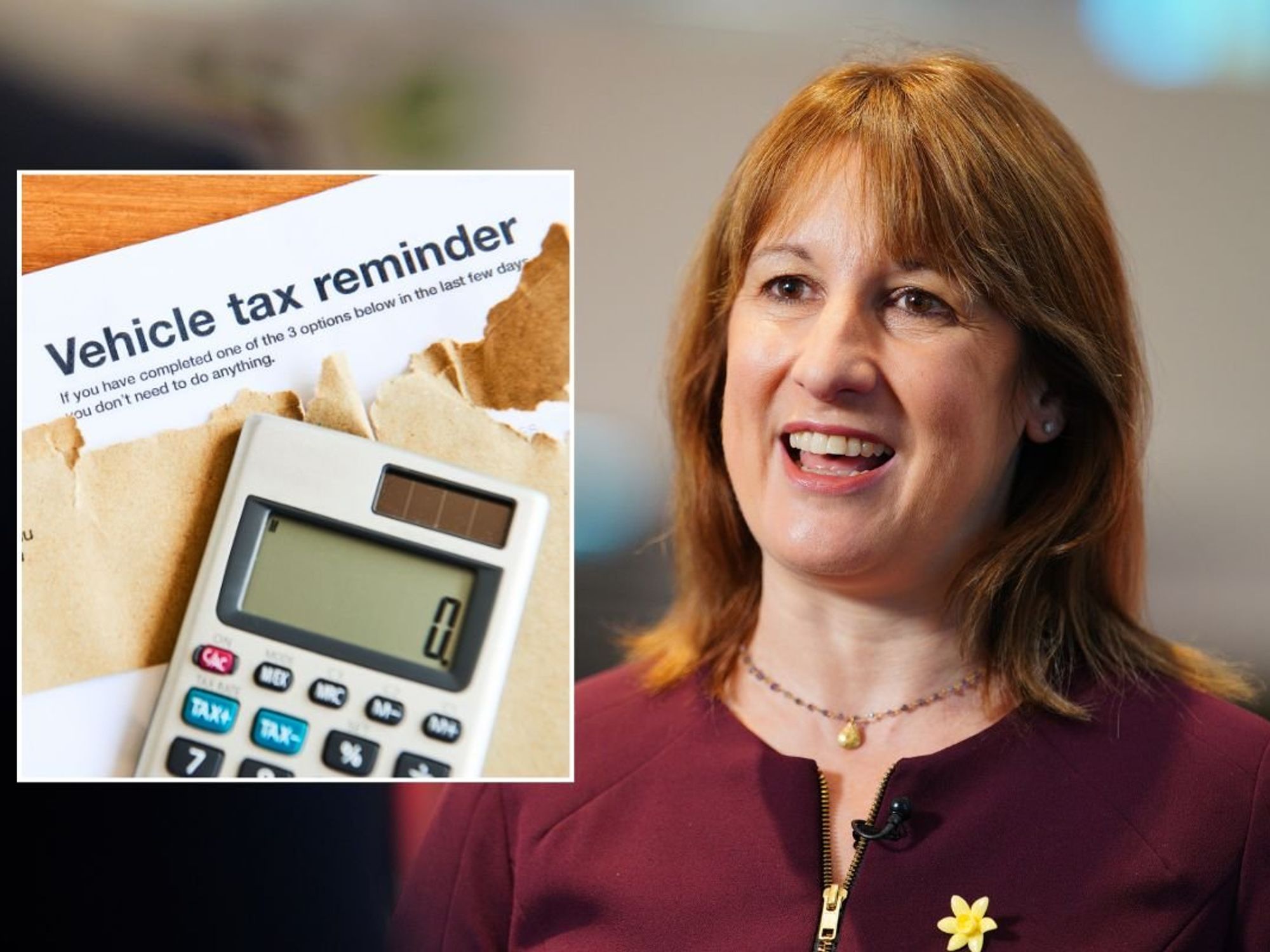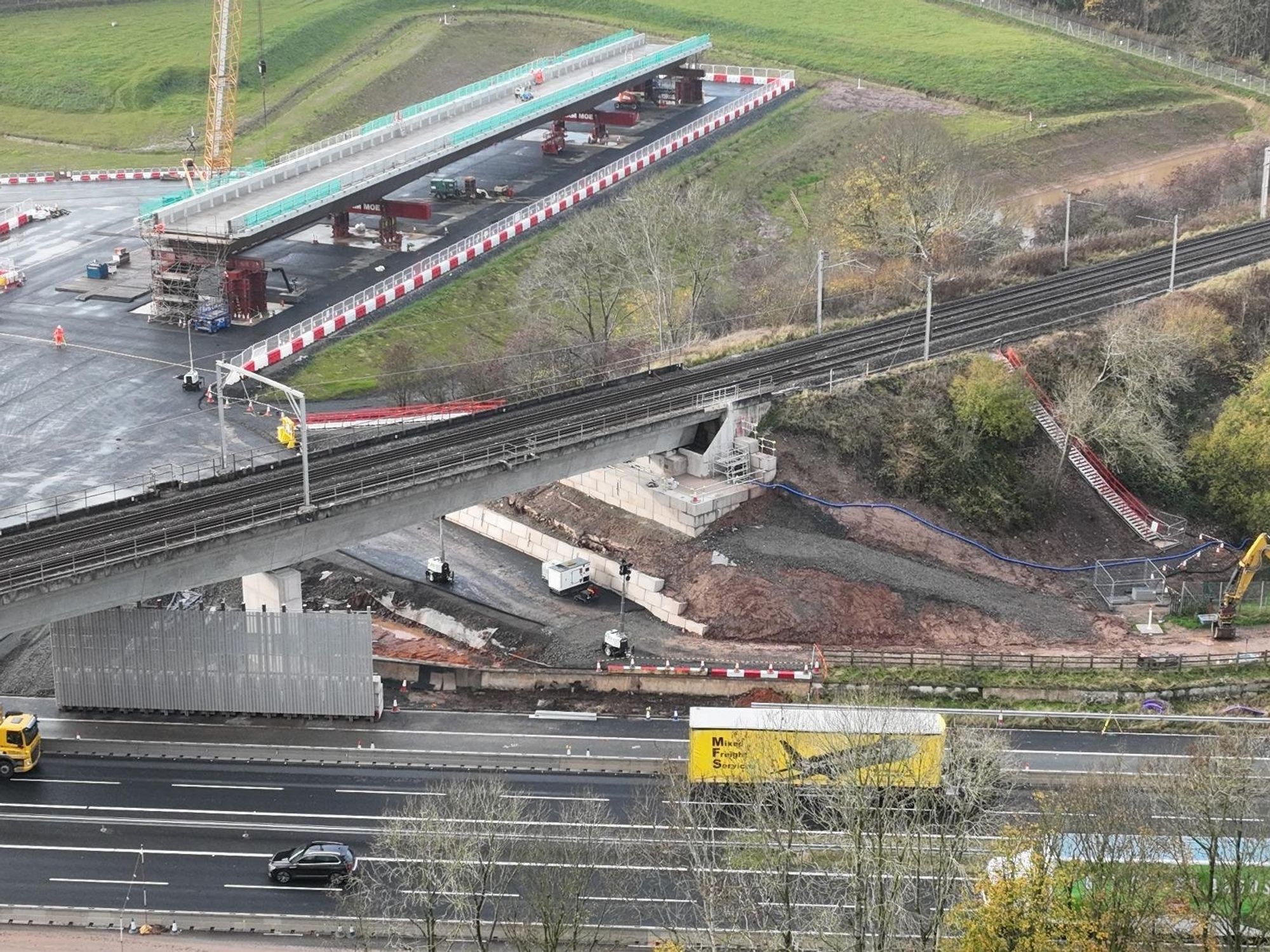Electric car owners face 'a series of hurdles' when charging in public amid 'health and safety' fears

Experts warned that issues could arise when sharing chargers
Don't Miss
Most Read
Latest
Experts have warned of health and safety issues around sharing electric vehicle chargers as drivers face a “series of hurdles” in accessing charge points.
Businesses which offer electric cars as a benefit-in-kind to employees have been looking at ways to make charging stations more readily available to other organisations to help share costs and electricity use.
But as organisations come together to discuss the practicality of sharing chargepoints, experts have warned of the health and safety risks on premises when trying to share.
The Association of Fleet Professionals stated that while “strong progress” is being made, there is still a long way to go before the idea can be used in practice.
Do you have a story you'd like to share? Get in touch by emailing motoring@gbnews.uk
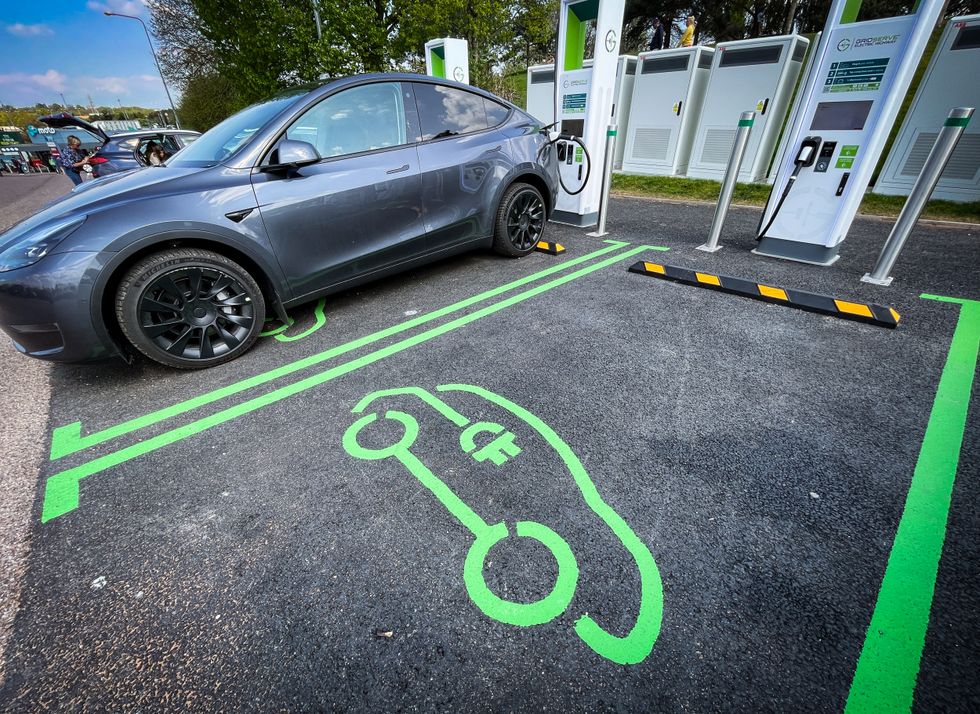
Insurers have warned drivers not to leave vehicles unattended during charging
Paul Hollick chair of the AFP said: “Where we are now is that we have a set of electric van operators who think that shared charging is a very good idea and would really like to make it happen.
“It is the objective of the new committee to look at what needs to be done to make it a practical proposition.
“There are a whole series of hurdles that we face – including setting prices, payment mechanisms, reimbursement, site access, health and safety on premises and more – but from our discussions so far, none of them appear to be impossible to solve.”
The association met with representatives from The AA, Alliance Healthcare, Auditel, IFC Group, National Grid, Novuna and Royal Mail to come up with a solution.
While the Government are installing more electric chargers, the cost of them still remains too high for some drivers who have favoured home chargers as cheaper alternatives.
For businesses, trying to find chargers which offer quick, reliable and cheap energy for EVs was a challenge raised by the AFP.
Hollick added: “The fleets involved have a range of different ideas and propositions.
“Some want to arrange reciprocal charging with others on a national basis, some have chargers and would like to offer access to others, and some even have land available where they would potentially be able to install further chargers for widespread fleet use.”
Hollick explained that despite organisations having mixed views, there is a general agreement that shared charging doesn’t concern overnight use but is more about offering drivers an option that enables them to complete their journey during a working day.
According to Alliance Insurance, each chargepoint should have signage stating which vehicles it’s suitable for.
To combat health and safety concerns, the insurer stated charging areas should be well-ventilated, ideally in the open, and kept clear of combustible materials, by at least two metres, including any combustible elements in the nearby area.
The provider added that a vehicle should not be left unattended while charging at premises or property. If it's unavoidable to be left charging alone, there should be a fire extinguisher fitted nearby just in case.
LATEST DEVELOPMENTS:
- Car tax changes needed to pressure petrol and diesel drivers to switch to electric as AA calls for new rules
- Driving law changes set to launch in Wales after mass criticism of 'anti-driver' 20mph speed limits
- M25 closure: Drivers warned of 'even worse' delays as motorway detour set to take 'twice as long'
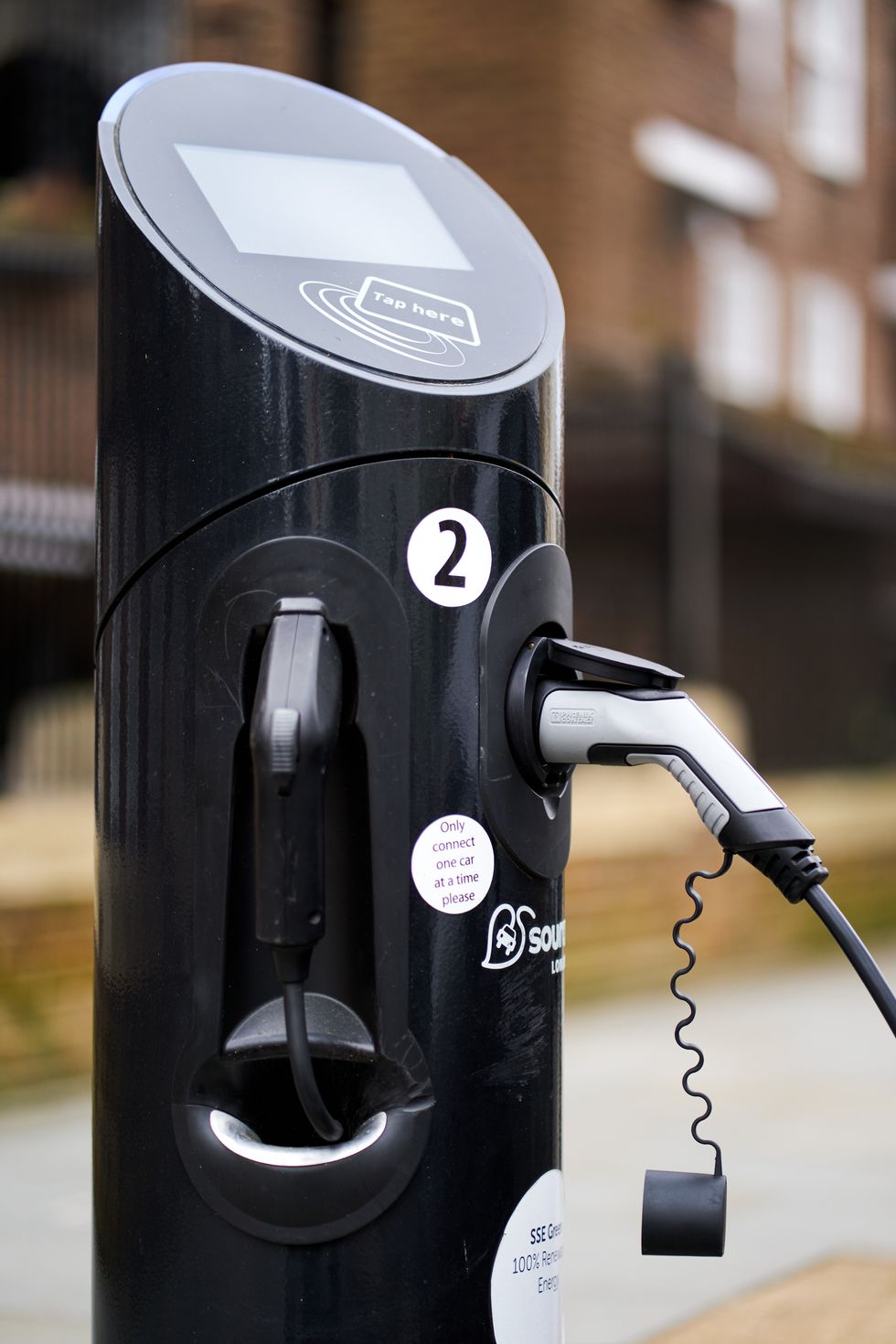
Electric cars can be offered to employees through salary sacrifice schemes
| PAResearch by the AFP showed how almost six out of 10 fleets would consider sharing their depot or public charging infrastructure with others to make “electrification more practical”.


